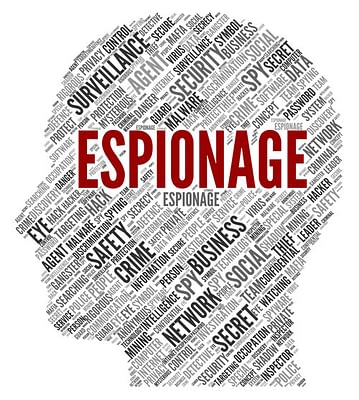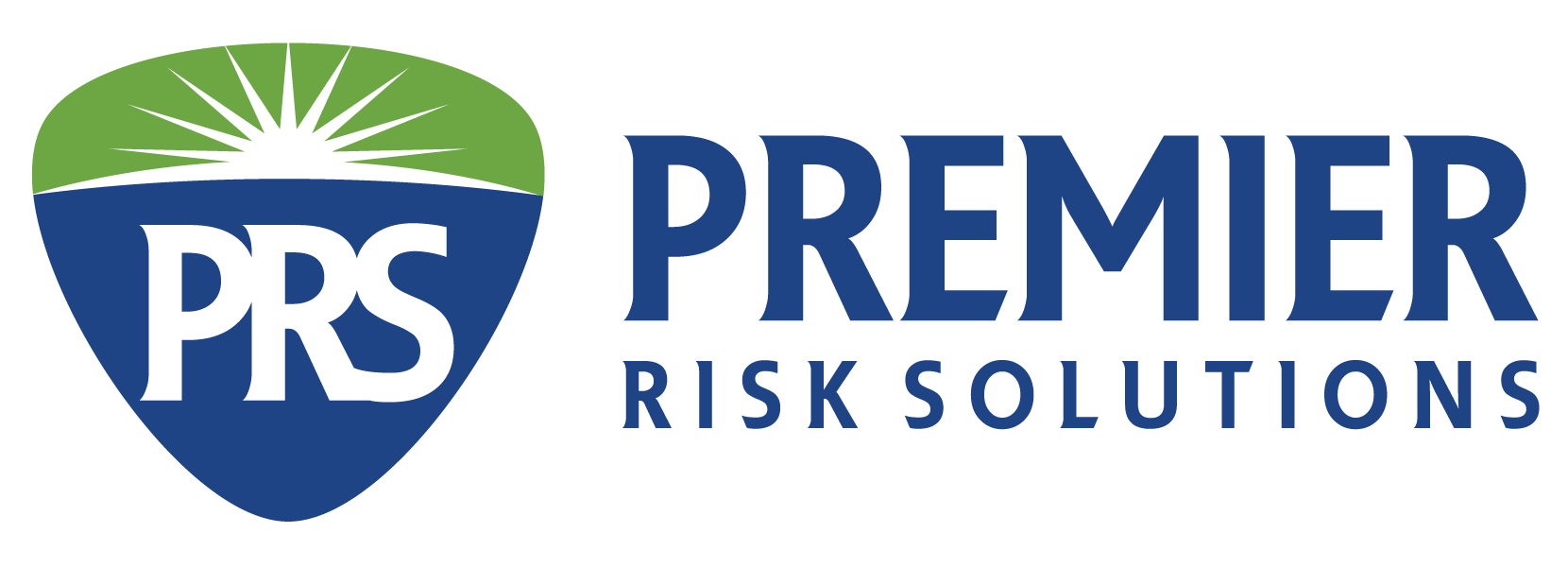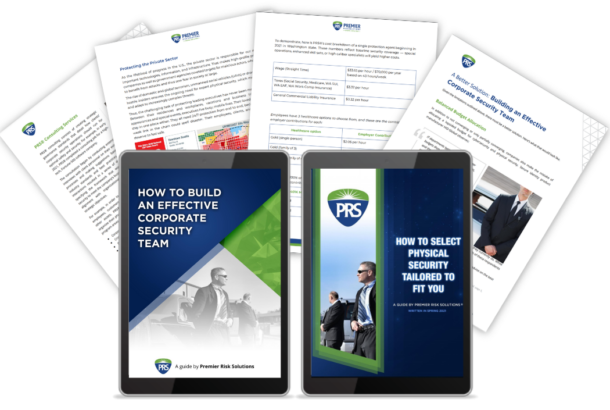The COVID19 pandemic has changed the office landscape, pushing workers out of the office buildings and into their homes. With remote work attracting and retaining talent, and some employers already advising it’s okay to continue to stay at home, it is here to stay in some form or another.
Here are the Top 5 areas that businesses (employers) should be concerned about with the increase in working-from-home.
1. Breaches of Confidentiality & Proprietary Information
This can be either through an intentional or unintentional means. Intentional: Certain nation-states have spies that have infiltrated employers/companies through legitimate avenues of employment (either direct employment or via a staffing agency). These actors are present to attempt to steal trade secrets (more often than not) to cause economic espionage. This practice has been occurring for years, it is not new, and the FBI estimates that American businesses lose hundreds of billions of dollars a year from trade secret theft. A nosy visitor to one’s residence could also exacerbate this issue if computer screens are left open & unlocked and/or the Wi-Fi utilized is unsecured. Any printed or written documents left out in the open or in an unsecured area are also susceptible.

Unintentional: With sensitive business conversations occurring in the home instead of the office or other off-site locations, the employee’s partner and/or children, household staff, or other transient visitors could inadvertently eavesdrop on a conversation they were not meant to. The information could be mistakenly shared with someone outside of the household in casual conversation and be utilized by that third party for unintended consequences (insider trading, gray market sales, etc).

What to do? Keep work data contained to work computers (do not share devices with anyone else). Ensure employees or contingent staff are utilizing secured Wi-Fi connections at all times; consider supplying a private (personal) hotspot as well as enhancing any level of encryption services that may normally be offered. Have a “clean desk” policy that extends to the work environment at home. Ensure sensitive or confidential documents are shredded properly and not left in regular recycle pickup bins; consider scheduling a private contractor (like Iron Mountain for instance) for weekly pickup for company key personnel.
2. Email & Text Messaging Scams
Phishing: Most of us have received those emails that appear to be from a reputable partner or company we do business with that are veiled (masked) as that entity but they are NOT. They are actually from a bad actor who is seeking your personal identifying information (username, password, or other similar data) and requesting you to take an action often associated with clicking on a link or other document they are sharing in the email. Once you click on that link or open the document they are providing, a virus of some sort is typically installed on your device for their monitoring or tracking of data input (keystrokes) or obtaining copies of what’s on your hard drive.

What to do? The best and easiest way we’ve found to validate or verify the authenticity of communication in email format is to open the header of the email so you can view the email address of the sender. Click on that email address to open it further and it is normally from another sender (they do not match). Delete the email under such circumstances without clicking or opening anything. If you are suspicious of a text message received, contact the known representative of the supposed sending company/entity separately and apart from that communication received (do nothing with the communication until you can verify its authenticity with the actual entity). If you cannot verify its authenticity, delete the text message without clicking on the link provided.
3. Locking Your Doors & Windows
This may sound simple enough but outside of major urban areas there are households that keep doors unlocked (we’ve visited with a couple of them!) whether it be their residence or their personal vehicles. This is the proverbial “low hanging fruit”.

What to do? Be sure to always secure the home and vehicles to keep out prowlers! Roll up windows in cars. For residences that are at ground-level, be sure to secure windows overnight for at least the main/first floor. Encourage employees and contingent staff to do so with gentle reminders as part of an outreach program, company newsletter, company intranet site, or similar.
4. Keeping Staff Feeling Safe
The OSHA General Duty Clause extends the care for employees by the business to when they are on business time, regardless of the physical location of the individual. For example, in the work-from-home environment, if you are on a business call and you slip and fall OSHA has indicated that is a worker’s compensation issue. However, in the same scenario, if you trip over your dog in that same hallway it’s not (unclear as to the exact distinction why one is covered and the other is not but most likely because the dog would most oftentimes not be in the standard workplace). Additionally, society has a certain percentage of its population that participates in cyberbullying on a variety of media platforms. Businesses will need to assist those employees who may be subject to cyberbullying to help them feel supported as well as take steps towards ending it.

What to do? Enact clear policies that have employee buy-in (engage employee representation when developing or enhancing policies). Ensure your company has contracts (or master service agreements) in place with the proper professional resources available on-call for support when it’s needed or to act as a force multiplier to your own internal business support mechanisms.
5. Safety at Home
Following along the lines from the example provided in #4 above where a slip & fall occurs in the home on business time, often providing education and awareness training to staff can help prevent even the smallest of accidents from occurring. Whether it be something as simple as picking up toys left from the kids playing during the daytime to covering stabilizing handrails or enhancing lighting to the exterior to act as a deterrent to the criminal element there is a myriad of such items that can be addressed to help aid the cause.

What to do? Host a “brown bag lunch” speaker series with a professional to allow employees the opportunity to gain more awareness of the issues that each of us can at times be blind to. Doing so also allows the employees to ask questions that they may otherwise not have the opportunity to do or know who to ask.

